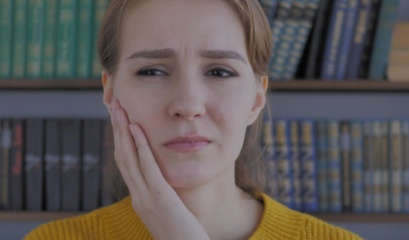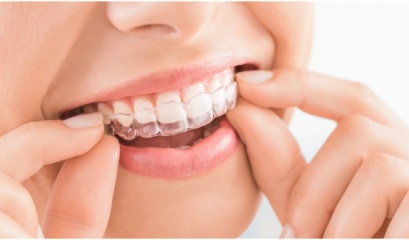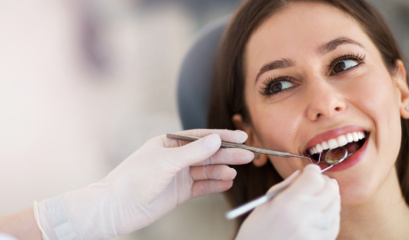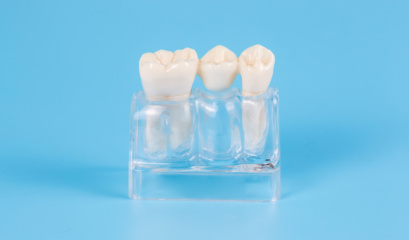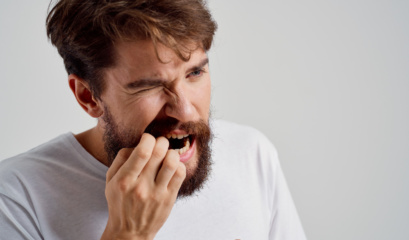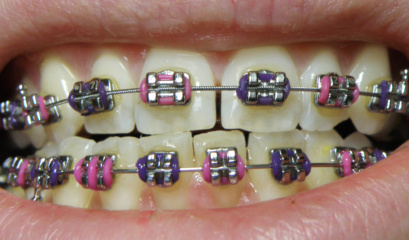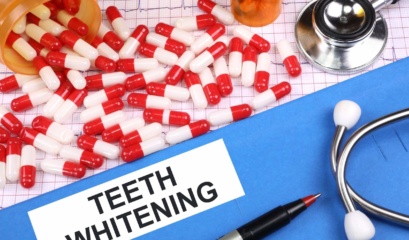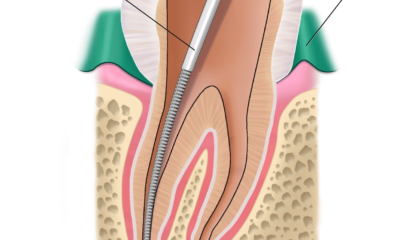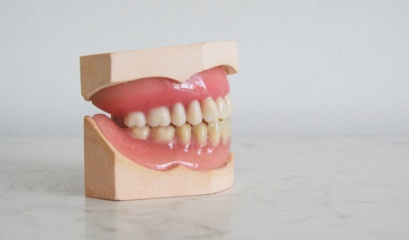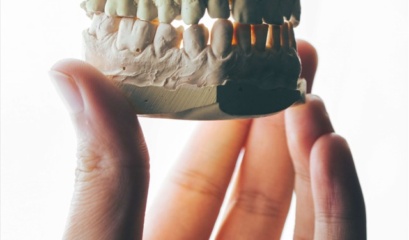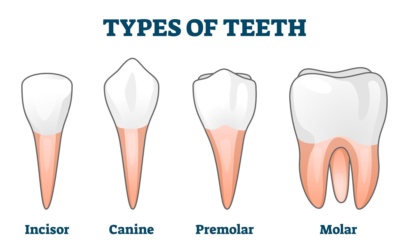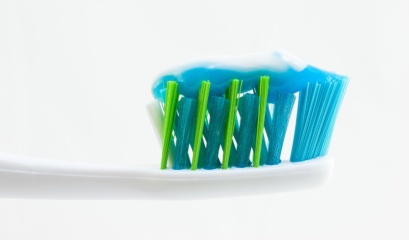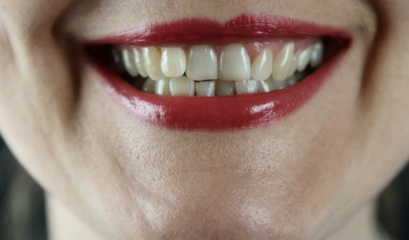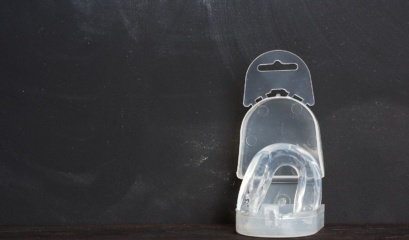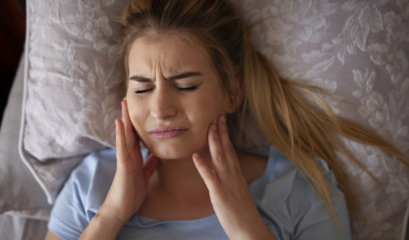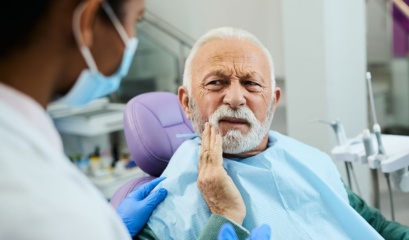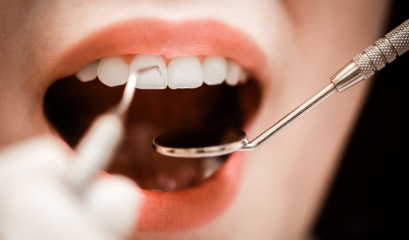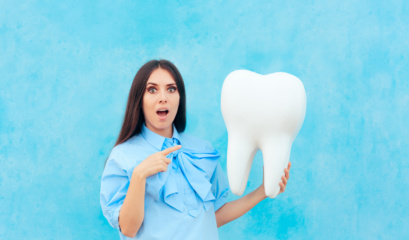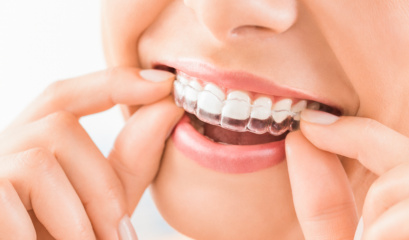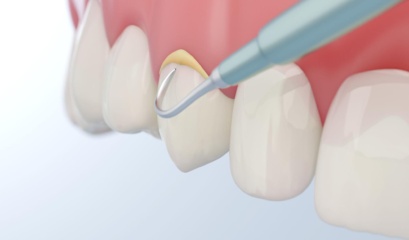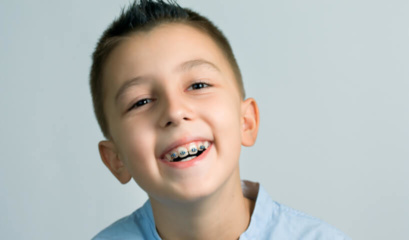Are you waking up with a headache or sore jaw? Have you noticed that your teeth are becoming increasingly worn down over time? You may be experiencing bruxism, a condition in which you grind or clench your teeth. While bruxism can occur while you’re awake, it’s more common during sleep, and can be a sign of other sleep disorders such as sleep apnea.
While mild bruxism may not require treatment, frequent and severe bruxism can lead to jaw disorders, damaged teeth, and other complications. To ensure early detection and effective treatment, it’s important to know the signs and symptoms of bruxism and to seek regular dental care. In this blog, we’ll explore everything you need to know about this common condition and how to manage it.
If you’re after a dentist in Shepparton who specialises in bruxism treatment, visit us at Knight Street Dentists. Contact us today to book an appointment.
What is bruxism?
Bruxism is a condition characterised by the grinding, gnashing, or clenching of teeth, typically occurring during sleep (sleep bruxism) or while awake (awake bruxism). It is often an unconscious behaviour and can lead to a range of complications, including jaw disorders, headaches, damaged teeth, and other related issues.
Symptoms of bruxism
Bruxism can present as a variety of symptoms, which may include:
- Teeth grinding or clenching, which can sometimes even be loud enough to disturb your sleep partner.
- Teeth that are flattened, fractured, chipped, or loose due to the excessive force and pressure placed on them during grinding or clenching.
- Worn tooth enamel that can expose deeper layers of the tooth and increase tooth pain or sensitivity.
- Tired or tight jaw muscles during the day, or a locked jaw that won’t open or close completely, which can make it difficult to eat or speak properly.
- Jaw, neck, or face pain or soreness, which can range from mild discomfort to severe pain.
- Pain that feels like an earache, even though the ear itself is not the source of the pain.
- Dull headaches starting in the temples, which can be caused by tension and strain in the jaw muscles.
- Damage to the inside of the cheek from chewing due to involuntary grinding or clenching.
- Sleep disruption, which can lead to daytime fatigue and reduced quality of life.
It’s important to see your dentist or doctor if you experience any of these symptoms, or if you have concerns about your teeth or jaw. If you notice that your child is grinding their teeth or has other signs or symptoms of bruxism, be sure to bring it up at their next dental appointment. Early detection and treatment can help prevent further complications and improve overall oral health.
Causes of bruxism
The causes of bruxism are not completely understood, but it may be due to a combination of physical, psychological, and genetic factors. Awake bruxism may be triggered by emotions such as anxiety, stress, anger, frustration, or tension. Alternatively, it may be a coping strategy or habit during deep concentration. Sleep bruxism, on the other hand, may be a sleep-related chewing activity associated with arousals during sleep.
Several factors can increase your risk of developing bruxism, including:
- Stress: Increased anxiety or stress levels can lead to teeth grinding. Anger and frustration can also contribute to this condition.
- Age: Bruxism is common in young children, but it usually goes away by adulthood.
- Personality type: People with aggressive, competitive, or hyperactive personalities may be more likely to develop bruxism.
- Medications and other substances: Bruxism may be a side effect of certain psychiatric medications, such as certain antidepressants. Smoking tobacco, drinking caffeinated beverages or alcohol, or using recreational drugs may also increase the risk of bruxism.
- Family history: Sleep bruxism tends to run in families. If you have bruxism, other members of your family may also have bruxism or a history of it.
- Other medical conditions: Bruxism can be associated with some mental health and medical disorders, such as Parkinson’s disease, dementia, gastroesophageal reflux disorder (GERD), epilepsy, night terrors, sleep-related disorders such as sleep apnea, and attention-deficit/hyperactivity disorder (ADHD).
While the exact causes of bruxism are not fully understood, understanding the risk factors can help with prevention and management. If you experience any symptoms of bruxism, be sure to discuss them with your doctor or dentist.
How to stop bruxism
While many cases of bruxism do not require treatment, severe cases may benefit from various treatment approaches, including therapies and medication. The best approach for stopping bruxism depends on the severity of the condition and the underlying cause. Here are some treatment options:
Dental treatments
- Splints and mouthguards: These devices can be constructed of hard acrylic or soft materials and fit over your upper or lower teeth to prevent damage caused by clenching and grinding.
- Dental correction: In severe cases, your dentist may reshape the chewing surfaces of your teeth or use crowns to repair damage caused by tooth wear.
Other treatments methods
- Stress or anxiety management: Relaxation techniques, such as meditation or counselling from a licensed therapist, may help reduce stress or anxiety-related bruxism.
- Behaviour change: Practicing proper mouth and jaw position may help you change the behaviour of teeth grinding.
- Biofeedback: Monitoring procedures and equipment can help you control muscle activity in your jaw.
Medications
- Muscle relaxants: Your doctor may prescribe a muscle relaxant to take before bedtime for a short period of time.
- Botox injections: Injections of Botox may help people with severe bruxism who do not respond to other treatments.
- Medication for anxiety or stress: Short-term use of antidepressants or anti-anxiety medications may help manage stress or emotional issues that may be causing bruxism.
Treating associated disorders
- Medications: If a drug is causing bruxism, your doctor may change or prescribe a different medication.
- Sleep-related disorders: Addressing sleep-related disorders, such as sleep apnea, may improve sleep bruxism.
- Medical conditions: Treating underlying medical conditions, such as GERD, may improve bruxism.
If you are experiencing symptoms of bruxism, it is essential to seek help from your dentist or doctor to identify the best approach to stop it. A combination of approaches may be necessary to effectively manage bruxism and prevent further damage to your teeth and jaw. Our dentists are experienced in diagnosing and treating bruxism. Find out how we can help you today.

